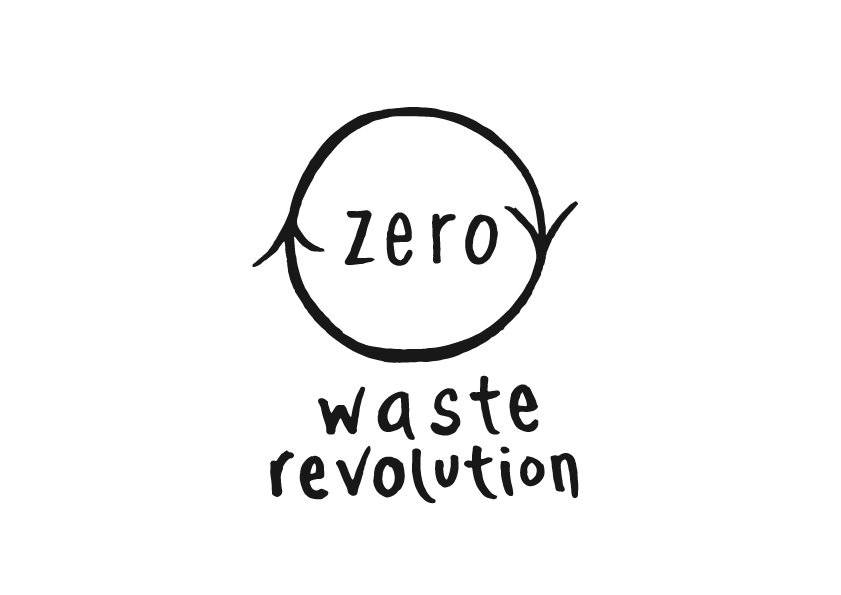advocacy
We believe in talking to decision-makers about changes that can be made to assist CBR to reduce its waste footprint. The more conversations we can have with everyone on the issue of waste reduction the better!
Submission to ACT Government on single use plastic, July 2019
“We support the phasing out of single use plastics to the broadest possible range of plastics, staged in a way that brings ownership to each phase by businesses and the community, along in partnership with the Government.”
full submission
Phasing out single use plastics
Zero Waste Revolution’s mission is to transform Canberra into a zero waste community, by sharing knowledge and inspiring change. We support the phasing out of single use plastics to the broadest possible range of plastics, staged in a way that brings ownership to each phase by businesses and the community, along in partnership with the Government. We would like to see a phase out of single use plastics that goes at least as far as other jurisdictions like Hobart, South Australia and the European Union.
Responses to specific questions
Single-use plastic products
Do you agree with the consumer single-use plastic items listed on page 21 being considered as part of this paper? If so, which items do you think are the most important to address (e.g. plastic bags, straws, cutlery, disposable coffee cups, takeaway containers)?
Yes to most. It is important to address items that have alternatives first.
Which items are the most important to address:
Higher priority
· Polystyrene (foam) plastic food containers and beverage cups
· Plastic straws and stirrers
· Plastic cutlery
· Disposable plastic plates and cups
· Disposable plastic-lined coffee cups and lids
· Other non-recyclable plastics – like the ‘mixed plastics’ that currently don’t have a market for the material. ie. ice-cream containers.
· Cotton buds (there are alternatives available)
· Microbeads (already being phased out)
· Plastic beverage containers
· Other plastic packaging (e.g. food packaging, consumer goods)
· Reusable plastic bags above 35 microns in thickness (deal with separately to ‘green bags’, biodegradable and compostable bags.
· ‘Green bags’, ‘biodegradable’ and ‘compostable’ bags (deal with separately to reusable bags above 35 microns in thickness)
· Sanitary items, nappies and incontinence products. Introduce a rebate scheme to subsidise the cost of buying reusable cloth nappies, sanitary items, menstrual cups and continence pads. The use of such reusable items will significantly reduce waste currently going to landfill.
Lower priority
Health related sterile items (e.g. syringes): only consider when alternatives are available and invest in education
What regulatory or other approaches do you support to address consumer single- use plastic in the ACT? When do you think action is needed, and why?
We would like to see a combination of approaches to address consumer single-use plastic, including regulatory bans, positive consumer/ business initiatives and education.
Action is needed immediately for some products, like straws and polystyrene containers, with other products to be phased out over 3 – 5 years so that the community and businesses feel like they’re on the change journey with government.
What else do you think needs to be considered as part of this discussion?
Consider regulating restaurants, compelling them to offer reusable plates to patrons that are collected by the restaurant and washed on-site. Some restaurants don’t offer reusable plates as an option, even though they have sit-down space. Genki Sushi in Barton is an example of this type of restaurant. In addition, restaurants that offer recyclable packaging should be compelled to provide a recycling bin – that they empty.
Collect baseline information about plastics and set measurable targets, with a public reporting on progress. Hobart City Council sets a great example.
Compostable alternatives to plastic to be phased in, when FOGO collection is offered in Canberra and along with a significant community education campaign.
Great to see the ACT Government continue ‘straws suck’ and plastic-free event push. It would be wonderful to see these initiatives continue.
Purchase, by the ACT Government, of products made with recycled plastic – like those produced by Replas - bollards, park benches, curb ‘covers’ and more.
Appropriate funding for all sectors to ensure the momentum generated across sectors does not go by the way side when industry and community groups find out there is no way to find the ideas out forward. Appropriate amounts is important, not tokenistic funding amounts.
Increased effort from the ACT Government on community education – avoiding plastic, where possible. This might take the form of a ‘halve waste’ campaign, that would launch at the same time that the FOGO curbside and business collection is offered around Canberra.
Zero Waste Revolution encourages the ACT Government to continue working with state and national counterparts to drive an ambitious , harmonised national approach and work closely with the Australian Packaging Covenant.
The cornerstone of effective waste management is the waste management hierarchy, which classifies waste management strategies according to their order of importance and aims to extract the maximum practical benefits from products while generating the minimum of waste. To achieve zero waste, the ACT Government needs to add to its waste hierarchy, so that it includes categories of Rethink/ redesign and Recycle/ compost in line with the international zero waste alliance.
Zero Waste Revolution is willing to participate in any Community Reference Group and focus group discussions to assist with further ideas and the drafting of a program based on this discussion paper. We are committed to work with the ACT Government to achieve successful implementation of an ACT without single-use plastics.
We commend the ACT Government’s efforts to address the issues of single-use plastics and look forward to receiving the outcomes of this consultation process.
